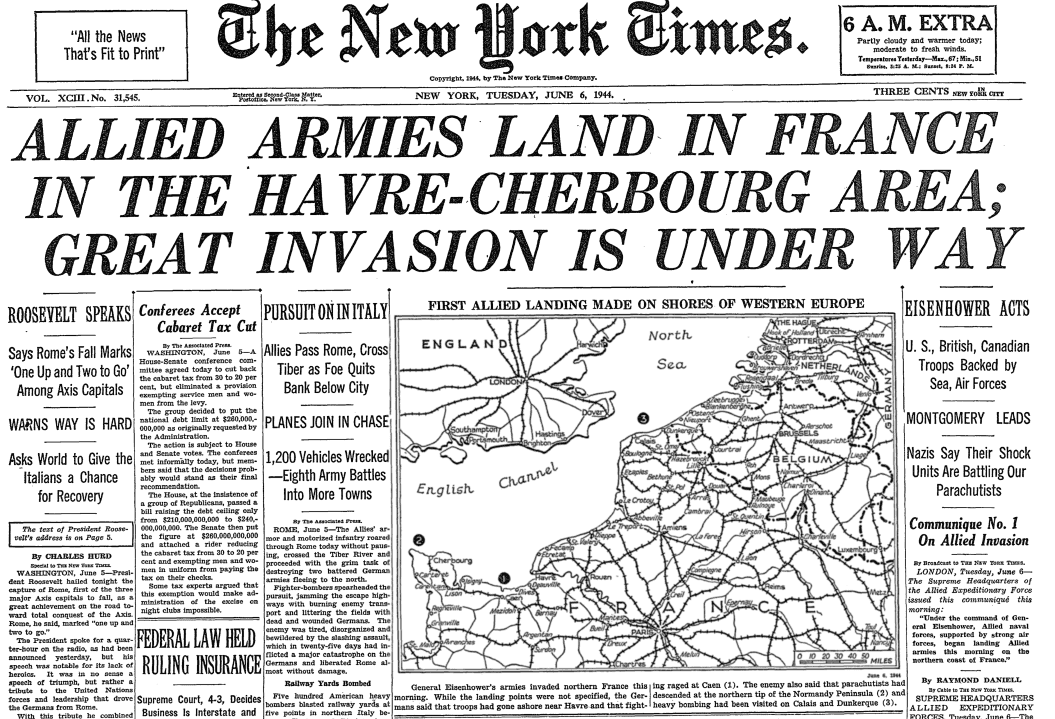In 1944, the United State Supreme Court ruled that insurance was a form of interstate commerce and therefore subject to federal regulation.[i] The general public did not give much thought to the decision, since it appeared in the newspapers on the morning of June 6, also known as D-Day. Insurance companies did pay attention. They worried that the federal government could now use antitrust law to ban anti-competitive practices that had enriched them. They found allies in state officials, who feared that the ruling might jeopardize their ability to tax insurance. Accordingly, the National Association of Insurance Commissioners drafted a bill to exempt insurance from most federal regulation.[ii] Senators Pat McCarran (D-Nevada) and Homer Ferguson (R-Michigan) sponsored the bill, and an amended version – the McCarran-Ferguson Act – became law in 1945.
[i] United States v. South-Eastern Underwriters,
322 U.S. 533 (1944). Online: https://supreme.justia.com/cases/federal/us/322/533/case.html.
[ii] Erin K. Powrie, “`Too Big to Fail’ Is Too Big: Why
the McCarran-Ferguson
Exemption to Federal Antitrust Enforcement of Insurance Is Past Its Prime,” Rutgers Law Review 63 (Fall 2010):
359-388, at 367-368. Online:
http://pegasus.rutgers.edu/~review/vol63n1/Powrie_EIC.pdf.
See below. The story about the case is in the lower left -- and was probably the least-noticed front page story in the paper's history.
